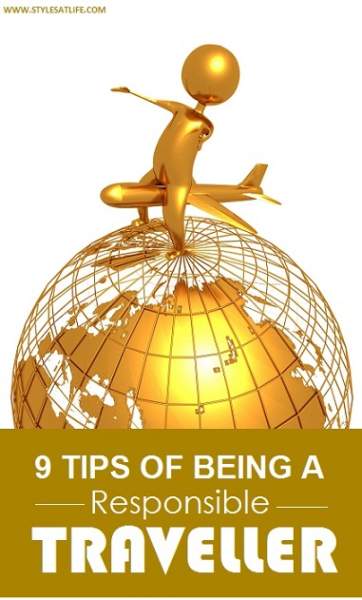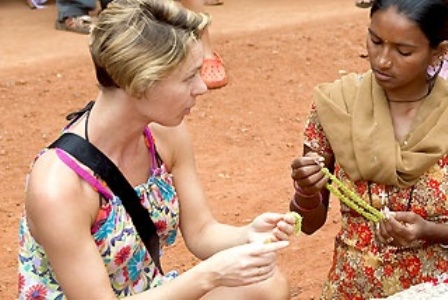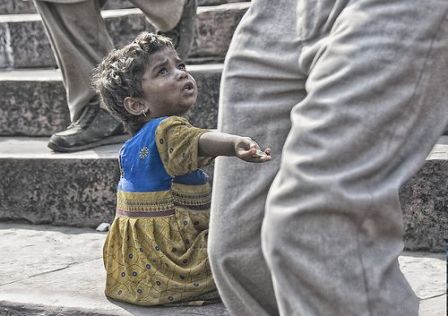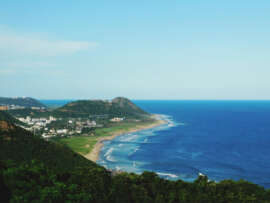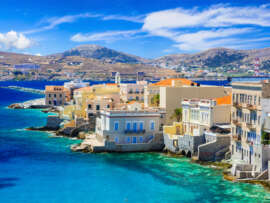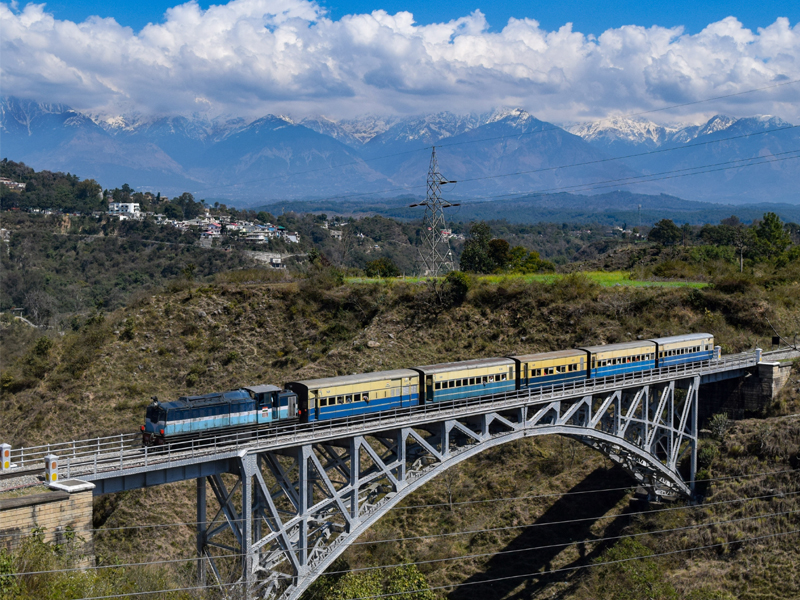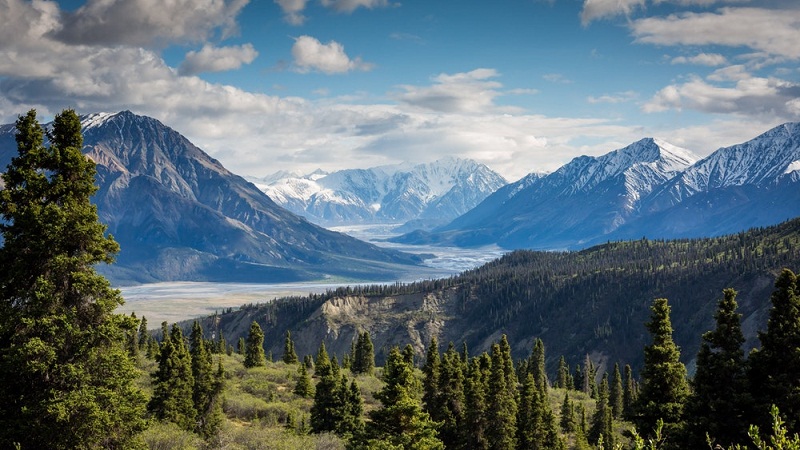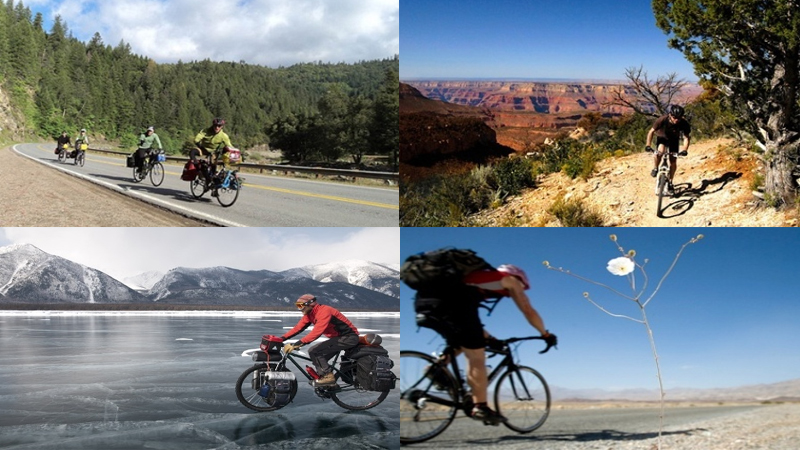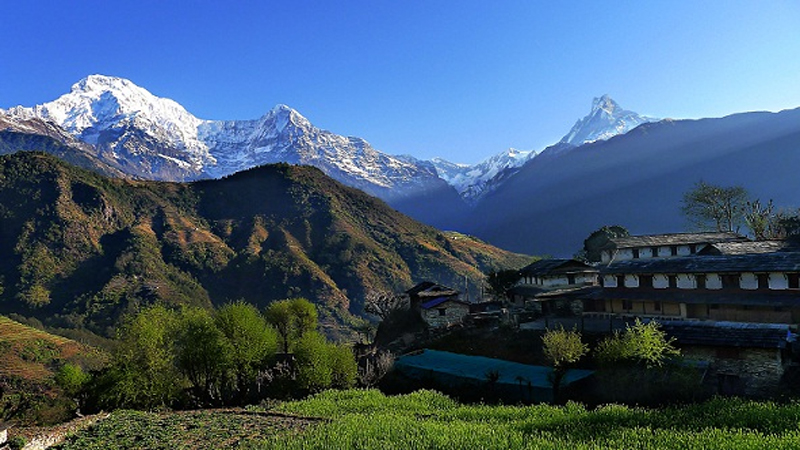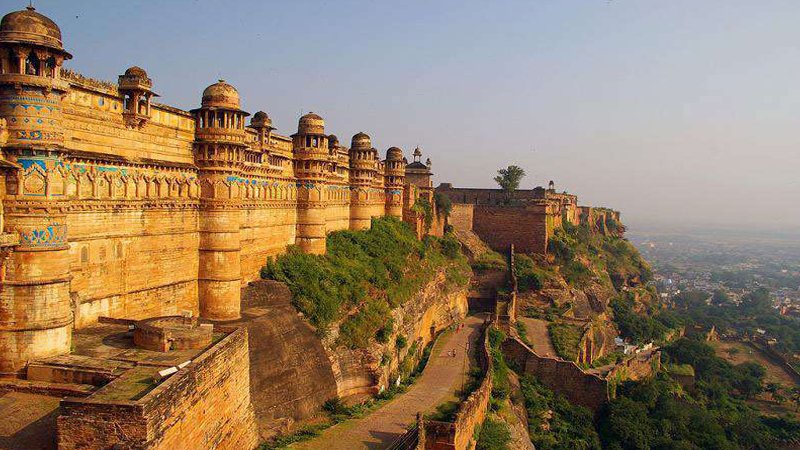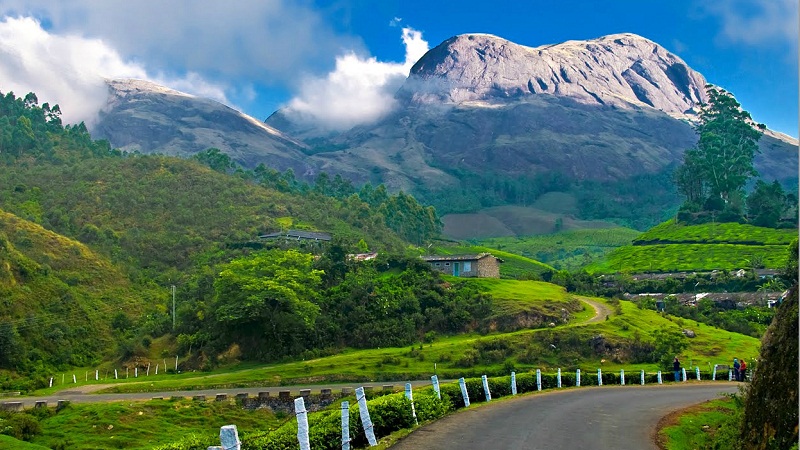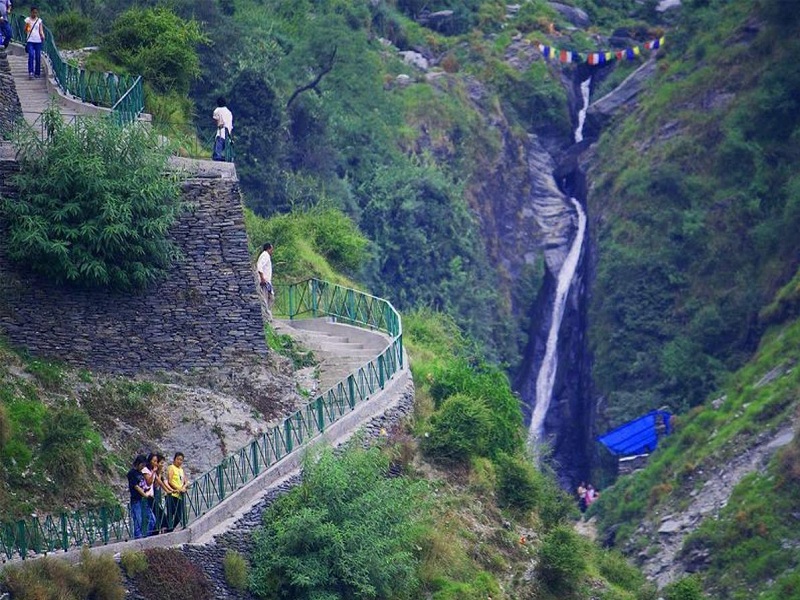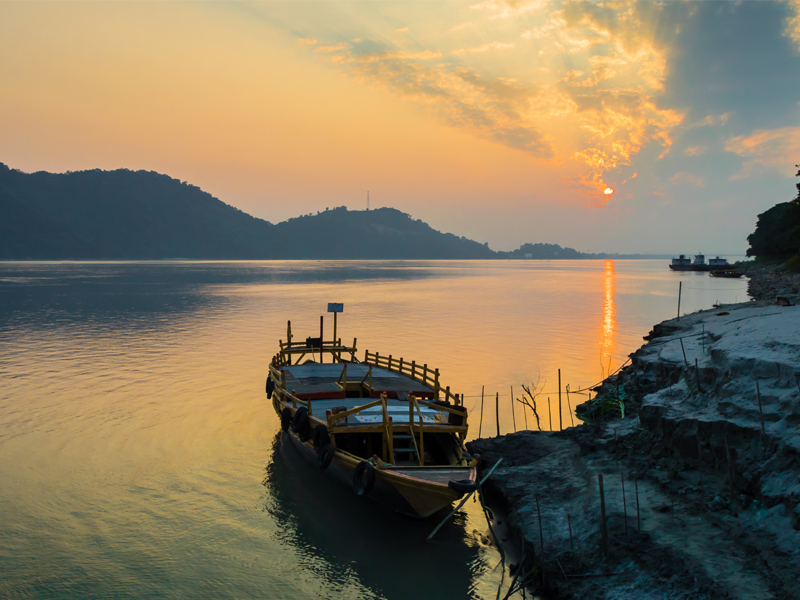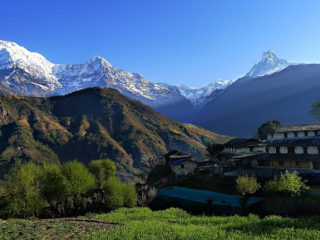As travellers, it is our duty to behave responsibly no matter which part of the world we travel to. Tourism brings a source of income for local communities and their families.
For our part, it is our responsibility to create a positive impact on the environment and behave respectfully to the local people we come in contact with.All it needs is some thought and consideration and a local awareness. The following tips will aid you on how to make the most of your experience as a responsible traveller.
1. Research:
A research of the place you are travelling to is important as it helps you familiarize yourself with the local culture and customs of the people. It will better prepare for the journey ahead and allow to get accustomed to the surroundings. Learning a few basic words in the local language is always an added plus as it will help you get by.
2. Choose Carefully:
When booking for hotels, lodges, etc, choose your travel provider carefully. See that they have sound eco-policies and practices and that they are genuine in their approach so that you don’t end up being misguided.
See More: Adventure Cycling Tours
3. Dress Appropriately:
Remember, what may seem appropriate to you in your own country might be inappropriate in the country you are visiting, especially in the third world countries. Pack clothes that are suitable for wear and not disrespectful to the local people.
4. Buy Local Produce:
Support the locals by purchasing from them instead of imported goods. For some impoverished families it is their only source of income so while you will be helping them earn that extra bit of income, the gesture will leave you with a rewarding experience of giving something back the local communities.
See More: Ideas For Work Team Outings
5. Avoid Wastage of Water and Littering:
When on holiday do not waste water. Use water sparingly whilst having a shower and do not let the tap run when brushing your teeth as many countries are faced with the problem of water shortage so don’t add to their woes. Also keep the surrounding environment clean. Do not litter it with bottles and other waste material. Set the example by keeping the place clean so that other travellers may follow suit.
6. Preserve Nature and Wildlife:
While visiting wildlife sanctuaries do not disrupt the habitats of wildlife that’s home to many endangered species of animals. Refrain from feeding the animals. It could disrupt their natural eating process and can even leave them unable to fend for themselves if they are constantly fed by humans. While in nature parks, take in the scenic beauty but don’t take home anything from it. Do not disturb the vegetation by picking at the flowers and plants. Most importantly, to show your support for wildlife, do not buy any goods made from endangered species.
See More: Camps For Children
7. Show Respect for Local Cultures and Holy Places:
Do your research about the local customs and traditions thoroughly so that you do not do anything that would unintentionally cause offence to the local people. Try learning to say words like “please” and “thank you” in the native language which will leave the locals in appreciation of you. Do not enter places of worship or take pictures without permission. Do not even snap people without their permission which can be seen as an utter disregard.
8. Avoid Giving Money to Child Beggars:
As heartless as it may seem, do not give money to children who come begging. They are mostly sent by their parents and in some places by child traffickers who use them for their own devious means. It would be best to buy them something to eat instead and if you really want to help them out, there are various NGO’s working for their betterment where you can offer a donation for the same.
9. Hire Local Guides:
Hire guides when visiting places of historical interest. The local guides can give you more detailed information on the cultural history of the place and you in turn will help them earn their livelihood.


